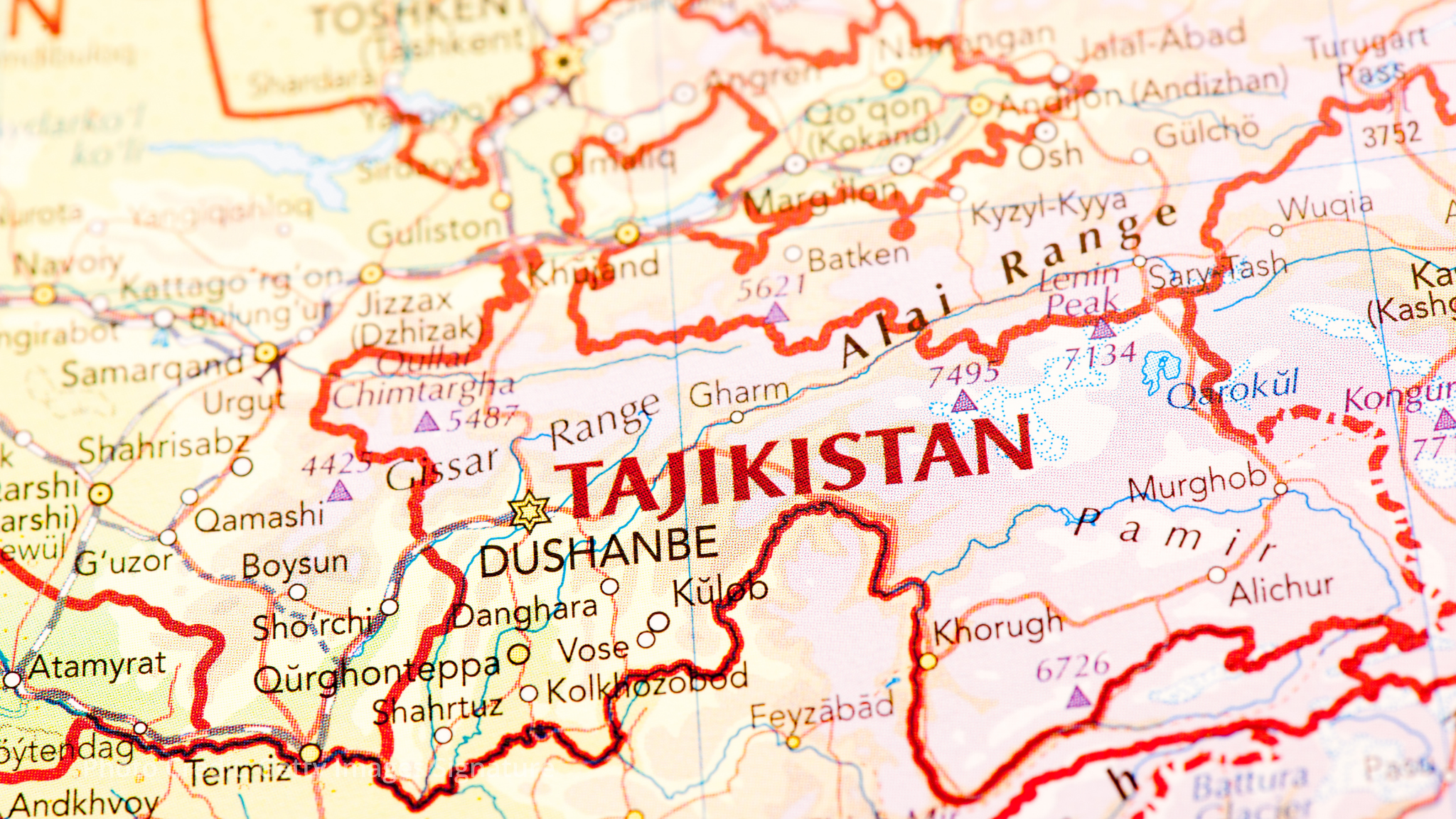The European Bank for Reconstruction and Development (EBRD) approved a new strategy for Tajikistan that will guide its work in the country through 2030, according to bank press release. The plan focuses on two main areas: building up the private sector and improving governance, plus boosting green energy and transport networks. EBRD expects Tajikistan’s economy to grow 7 percent in 2025 and 5.7 percent in 2026, helped by infrastructure investments. The bank will combine financial investment with policy advice and technical help. So far, EBRD has put over €1 billion into Tajikistan through 185 projects.
Tajikistan remains one of Central Asia’s poorest countries, heavily dependent on remittances from workers abroad and aluminum exports. The country needs better access to finance for small businesses and more diverse economic opportunities. Many people, especially women and young people, struggle to find good jobs or start businesses. The government has been working with international groups like the World Bank and IMF on economic reforms. EBRD sees these partnerships as key to the country’s medium-term growth prospects.
The new strategy puts major emphasis on helping small and medium companies get loans and grow their businesses. EBRD wants to help more women and youth participate in the economy through better access to finance and skills training. The bank will also work with the government to improve business regulations and make public institutions more transparent. Digital technology development is another priority to help modernize the economy. Better governance could attract more foreign investment and reduce corruption.
On the green energy front, EBRD plans to invest in renewable power projects and help buildings and factories use energy more efficiently. The bank will fund transport infrastructure to improve connections within Tajikistan and with neighboring countries. Urban services like water supply and city transport also need upgrades to handle population growth. These projects aim to improve living standards while protecting the environment. Climate change poses real risks to Tajikistan through water shortages and extreme weather.

